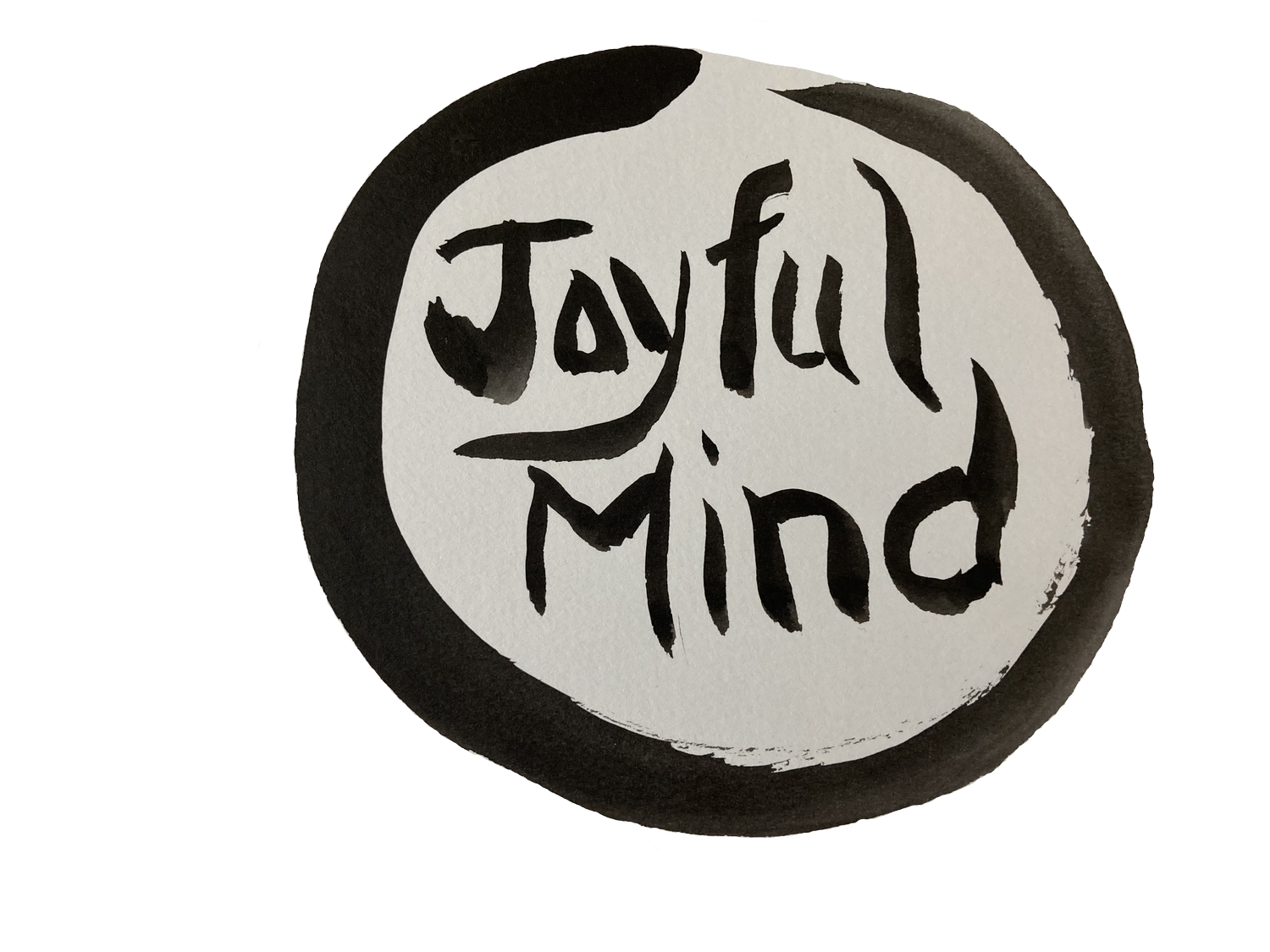WHY DO WE CHANT in ZEN?
Joyful Mind Chant and Sutra Book
~Zen Teacher Martine Palmiter
When we first come to Zen practice, most of us are a bit surprised at Zen Chanting practice. It is not something we in the West do very much. Rhythmic deep breath intoning. Hold chant books with special attention. What is this practice about? Over the years, I have seen the beauty of using my body and voice to express my own being as an expression of gratitude--and of community.
As I harmonize my voice with others in the room, I am just a bit self-conscious. But also aware that Zen chanting is done all over the world daily. I am aware we are chanting with many others around the world who want peace. The ancient people in Japan and China chanted these same verses or sutras--Now, I feel the power in my body as the sounds rise up from my chest and lungs and out my mouth, merging with other voices. You can hear Buddhist chants online and know that we are together as one. Oneness and also our singular voice, all together.
Many of the chants come from Teachers of old, whether we are reciting teachings from Shakyamuni (Metta Sutra or 5 Remembrances), or Hakuin's Song of Zazen, or Shitou's Identity of Relative and Absolute, or Tibetan chants to Machig Lapdron, or the Kanzeon Chant and Heart Sutras chanted for centuries. Or from modern Western teachers.
Chanting each week also exposes us to deep teachings on a subconscious level. Words from chants may pop up for you as you are walking down the street or in conversation, or struggling with an issue. You suddenly understand a phrase of a Sutra or Chant and how they apply to your life.
Chanting is a meditation of body and mind also. As we chant, we are paying attention to breath, sounds high and low, coming and falling off. We find rhythmic patterns or sometimes dissonance and we merge our breath with that. We also need to surrender our minds and thoughts to this form of meditation--We may wonder What is this all about? Continuous practice with these thoughts, letting them go or letting them lose importance, letting your ego finally release them, is good practice.
In chanting, we both let go and fully embody our Practice. Chanting is an expression of our life force. We put our whole selves into it and let go of other things. We are 100% here and now when engaged in chanting practice.
There are also some "dharani" chants where the translated "words" have no meaning, and have been passed down for centuries, and are said to have an energy power to them, when chanted. For these, simply engage in the chanting energetically as pure "sound" practice. Listening and feeling the chants throughout the body. When practiced with full engagement, chanting opens our eyes to our life energy and chanting becomes the sound of the wind, our mind, emptiness, and the entire universe.
I remember being asked the first time to be the Chant Leader. I never felt I had a good voice and certainly not a strong voice or loud voice, or one that carried any power. I also did not want to "do it wrong," or feel embarrassed by forgetting when and what to do. My Teacher urged me on and made me take this plunge. I found that Chanting is a form of giving and humility, of strength and courage. Over time, I find that I attentively lift my Chant book and hold it in my two hands. And let my voice out in its best expression.

